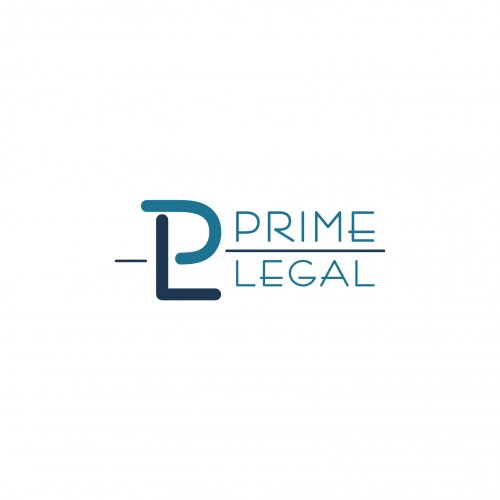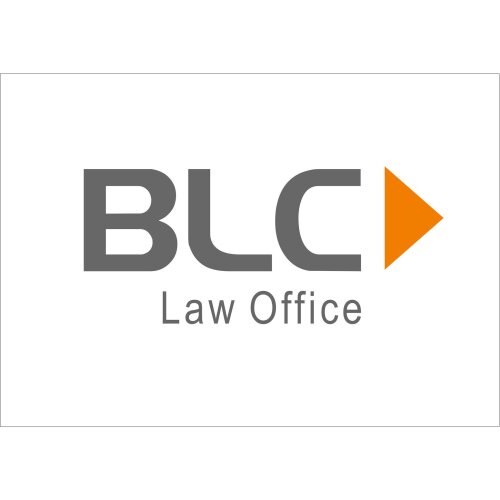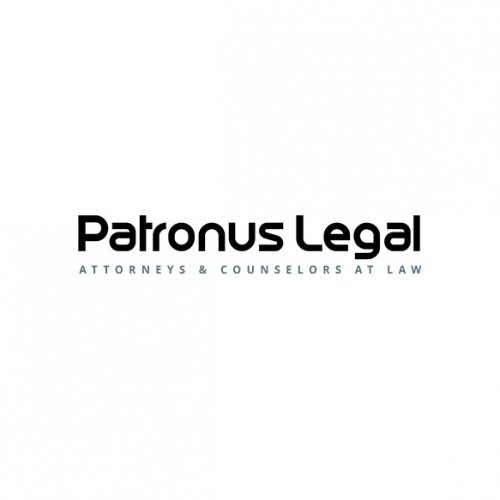Best Oil, Gas & Energy Lawyers in Tbilisi
Share your needs with us, get contacted by law firms.
Free. Takes 2 min.
List of the best lawyers in Tbilisi, Georgia
About Oil, Gas & Energy Law in Tbilisi, Georgia
The energy sector, particularly oil and gas, plays a crucial role in Tbilisi and the broader region of Georgia. As a strategic energy corridor, Georgia facilitates the transportation of energy resources from the Caspian Basin to Western markets. The country itself has a developing energy sector with growing importance placed on sustainability and renewable energy sources. Legal frameworks here are shaped by a combination of domestic laws and international agreements, making it a dynamic and complex field of law.
Why You May Need a Lawyer
Individuals and companies may require legal assistance in the oil, gas, and energy sector for several reasons. These might include negotiating contracts for exploration and exploitation rights, navigating regulatory compliance and licensing requirements, resolving disputes concerning property and land use, and addressing environmental and safety regulations. Legal expertise is also beneficial when dealing with tax implications, understanding tariffs, and ensuring adherence to international trade laws.
Local Laws Overview
Georgia’s legal system pertaining to oil, gas, and energy is primarily governed by a combination of the "Law on Oil and Gas" and "Law on Electricity and Natural Gas." Key aspects include the regulation of hydrocarbons extraction, the requirement for obtaining licenses and permits for exploration and operation, and adherence to environmental protection standards. Additionally, there are specific provisions for renewable energy sources, aiming to promote sustainable development. Understanding these laws is crucial for anyone operating or investing in Georgia's energy sector.
Frequently Asked Questions
What are the main regulatory bodies overseeing the energy sector in Georgia?
The main regulatory authority is the Georgian National Energy and Water Supply Regulatory Commission (GNERC), which oversees the regulation of electricity, natural gas, and water supply in Georgia.
Do I need to obtain permits for exploration and production activities?
Yes, companies need to secure exploration and production licenses issued by the Georgian Oil and Gas Corporation. The licensing process is regulated by the state and involves meeting specific criteria and standards.
Are there incentives for renewable energy projects in Georgia?
Yes, the Georgian government offers various incentives for renewable energy projects, including tax exemptions and favorable tariffs. These are part of the effort to encourage sustainable energy development.
What environmental regulations should I be aware of?
Operators must comply with Georgian environmental laws, which require environmental impact assessments and set stringent standards for air and water quality. Non-compliance can result in penalties and operational delays.
Can foreign companies invest in Georgia’s energy sector?
Yes, foreign companies are encouraged to invest in Georgia’s energy sector. The country offers a liberal investment climate with legal protections similar for both local and international investors.
What is the process for resolving disputes in the energy sector?
Disputes can be resolved through negotiation, arbitration, or court litigation. Georgia recognizes international arbitration and follows rules established by institutions like the International Chamber of Commerce.
How do taxation policies impact the energy sector?
Energy-related activities, such as oil and gas extraction, are subject to specific tax regulations. Understanding these can help in planning corporate finances and maximizing returns.
What role does the government play in energy projects?
The Georgian government plays a significant role in facilitating and regulating energy projects. It partners with private entities for large infrastructure projects and establishes strategic priorities for the sector.
Is there support for energy efficiency initiatives?
Yes, the Georgian government, along with international organizations, supports energy efficiency initiatives to reduce consumption and promote sustainability.
How does one start an energy project in Georgia?
Initiating an energy project involves preparing a detailed project plan, securing financing, obtaining necessary licenses and permits, and complying with local regulations and international standards. Legal advice is often necessary to navigate this process efficiently.
Additional Resources
For further assistance, the following resources and organizations may be helpful:
- Georgian National Energy and Water Supply Regulatory Commission (GNERC)
- The Ministry of Economy and Sustainable Development of Georgia
- Georgian Oil and Gas Corporation
- International Energy Agency (IEA) reports on Georgia
- Environmental Non-Governmental Organizations (NGOs) in Georgia
Next Steps
If you require legal assistance in the oil, gas, and energy sector in Tbilisi, Georgia, consider the following steps:
- Research local law firms specializing in energy law.
- Consult with a legal professional to understand your specific needs and obligations.
- Prepare all necessary documentation and details about your project or case.
- Discuss potential strategies and next steps with your lawyer to ensure compliance with local laws.
- Stay updated on changes in regulations and industry standards.
Lawzana helps you find the best lawyers and law firms in Tbilisi through a curated and pre-screened list of qualified legal professionals. Our platform offers rankings and detailed profiles of attorneys and law firms, allowing you to compare based on practice areas, including Oil, Gas & Energy, experience, and client feedback.
Each profile includes a description of the firm's areas of practice, client reviews, team members and partners, year of establishment, spoken languages, office locations, contact information, social media presence, and any published articles or resources. Most firms on our platform speak English and are experienced in both local and international legal matters.
Get a quote from top-rated law firms in Tbilisi, Georgia — quickly, securely, and without unnecessary hassle.
Disclaimer:
The information provided on this page is for general informational purposes only and does not constitute legal advice. While we strive to ensure the accuracy and relevance of the content, legal information may change over time, and interpretations of the law can vary. You should always consult with a qualified legal professional for advice specific to your situation.
We disclaim all liability for actions taken or not taken based on the content of this page. If you believe any information is incorrect or outdated, please contact us, and we will review and update it where appropriate.












